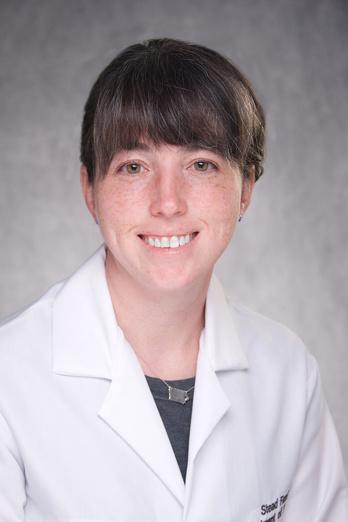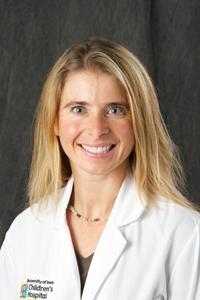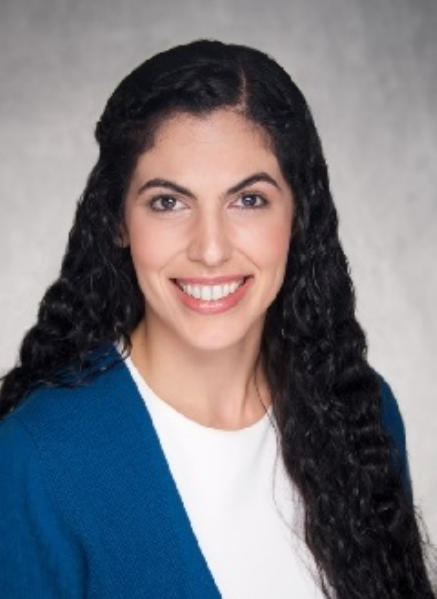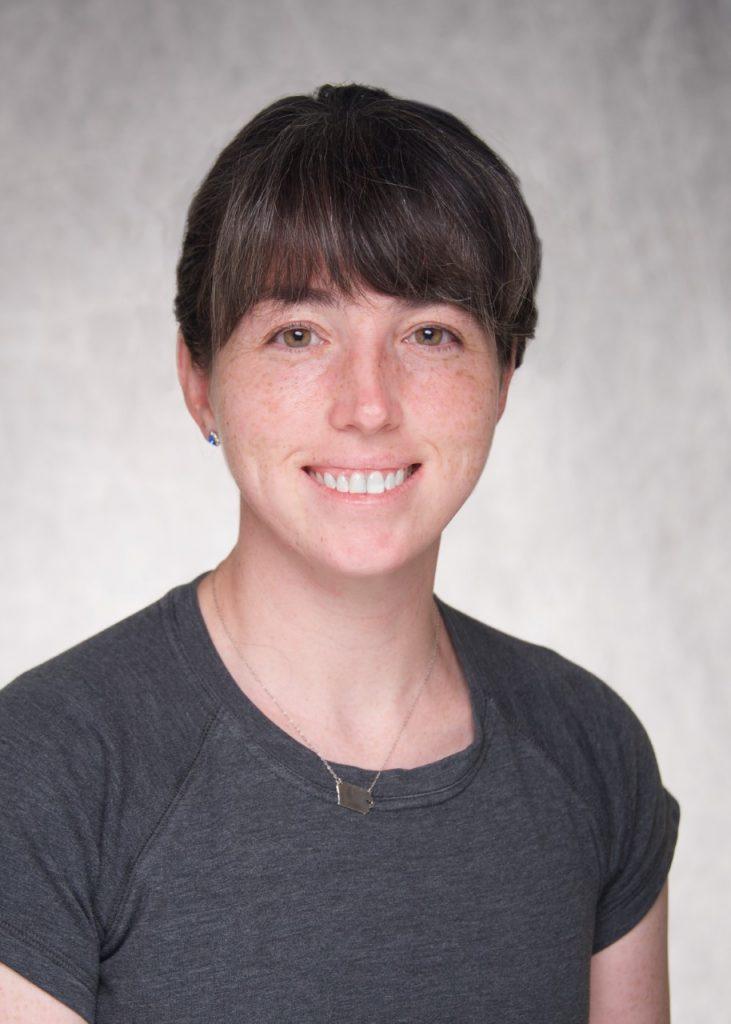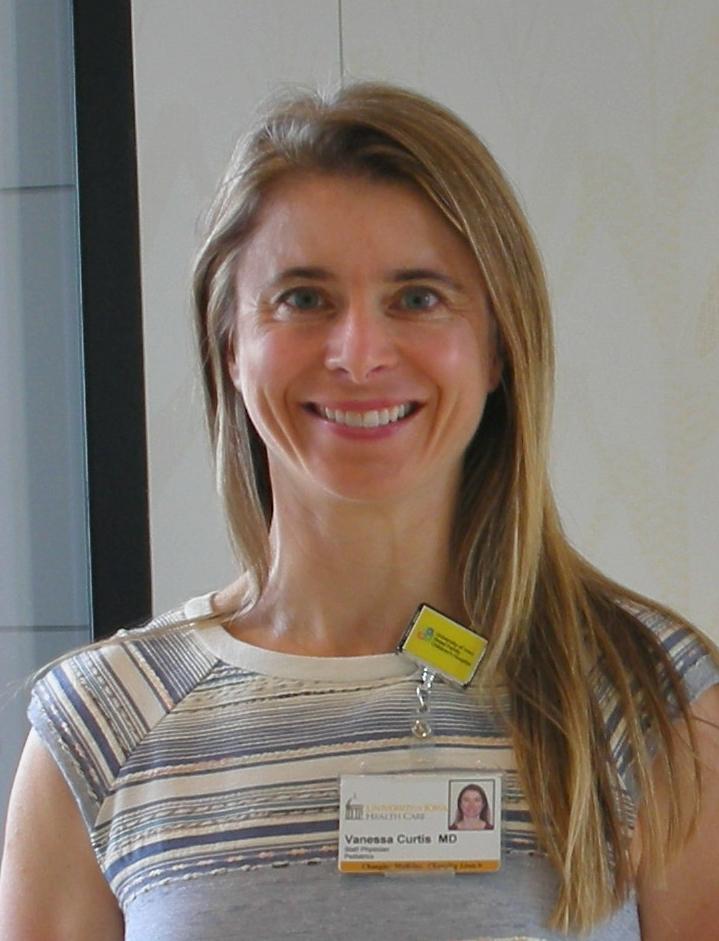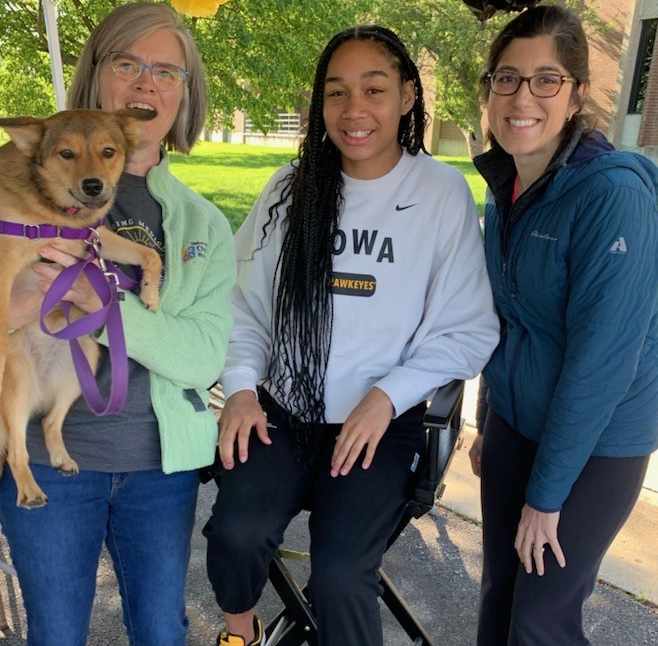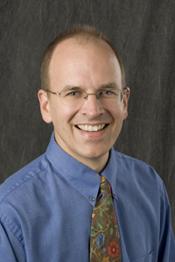
What is Hemoglobin A1c? Hemoglobin A1c (HbA1c) is a blood test that measures the amount of glucose that is attached to a persons hemoglobin — the oxygen carrying protein found in red blood cells. The higher a person’s blood sugar, the more glucose that becomes attached. Because red blood cells last about 90 days, the HbA1c value reflects a person’s average blood glucose over the past 3 months. A HbA1c value over 6.4% indicates that a person has diabetes. For persons with diabetes, higher blood glucoses increase the risk of long term complications. Higher HbA1c levels are associated with increased rates of complications including diabetic eye disease, kidney disease, and neuropathy. For this reason, the American Diabetes Association recommends that most persons with diabetes have a goal of maintaining their HbA1c at less than 7%.
What is average blood glucose? In the past, HbA1c was the only widely available method to assess a person’s recent average blood glucose levels. Fortunately, technological advances over the past decades have enabled frequent testing of blood glucose using portable meters and even more powerfully using continuous glucose monitors (CGMs). CGMs are wearable devices that measure a persons approximate blood glucose every few minutes. Modern glucose meters and CGMs can report a user’s recent average blood glucoses.
Converting between average blood glucose and HbA1c A common question asked by persons with diabetes is what HbA1c is predicted by their recent average blood glucose. There are multiple online conversion calculators that address this question, allowing the user to enter an average glucose for which a predicted HbA1c is returned. However, two scientists at the University of Iowa recently identified and reported a small mathematical error in the equations commonly used by online calculators to predict HbA1c from recent average blood glucose. As a result, the erroneous online calculators do not provide optimal predictions. The two scientists were Dr. Joseph Lang from the Department of Statistics and Actuarial Science and Dr. Andrew Norris from our Division. The two then derived new equations that correct the error. Their findings and new equations have been peer reviewed and now are published as a letter in the prominent journal Diabetes Care (link to article). Dr Norris would like to thank Dr Lang for uncovering the error and devising the approach for its correction. The hope is that the improved equations will be adopted by online calculators. In the meantime, on a positive note, many continuous glucose monitors report an estimated HbA1c that is termed “GMI” (“glucose management indicator”) and the equations used for GMI are typically correct. Drs. Norris and Lang’s letter also comments on a recently published perspective that highlights ongoing issues in the interconversion of recent average blood glucose to HbA1c. It is important to understand that neither HbA1c nor meter/monitor derived average blood glucose are perfectly accurate. Unsurprisingly, interconversions between these two measurements often do not agree. The revised equations of Dr Lang and Dr Norris will help the situation to some degree but perfect agreement is not possible in real life. Additional data and understanding of the variances that impact the relationship between these two measurements are needed.



